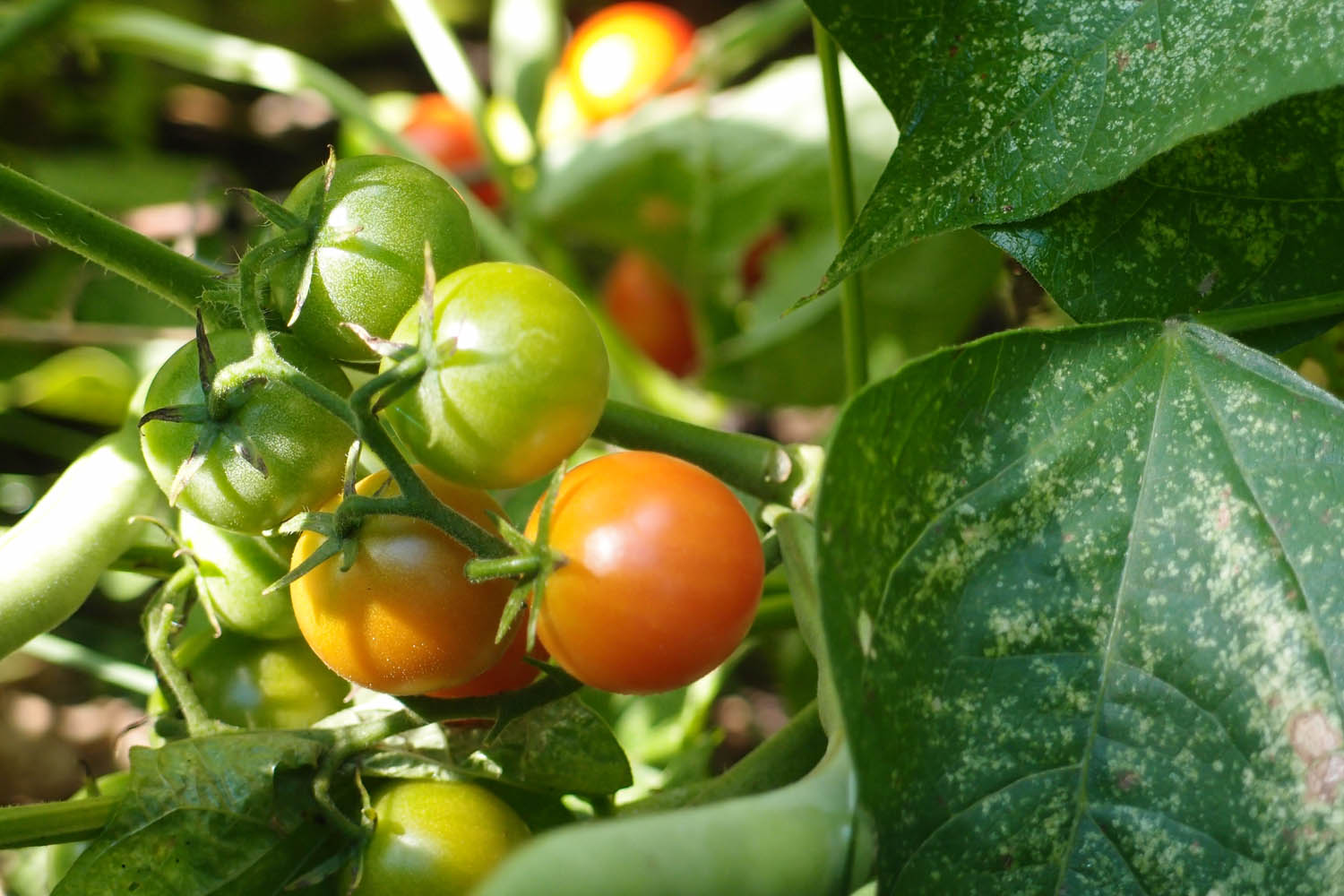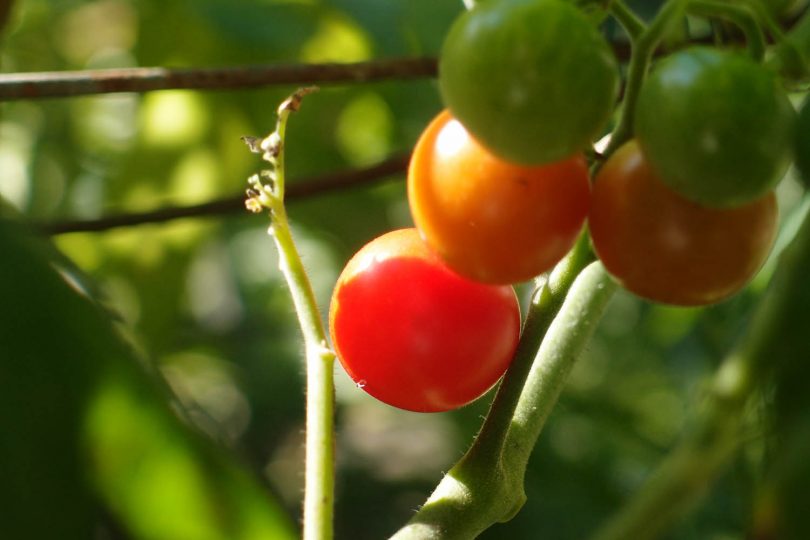Our church life is filled with images of gardens. When we want to start a new congregation, the process is led by church planters. In describing the spread of the Moravian Church throughout the world, we use the image of vines and branches. Things that grow provide a central theme to many areas of the Bible. Two of my favorites are the parables of the sower and of the mustard seed.
In The Moravian, we’ve shared stories of how growing things and gardens can be a source of serving our neighbors. Stories of feeding people from our gardens, community garden projects and even fundraising with produce have graced our pages. In our May issue, we featured an article by Jeanne Ahlers of Bethel Moravian Church in Leonard, N.D. In it, she shared her love of working the soil and reflected on how worship can be like gardening, and gardening like worship. From her writing, you could tell that she is a serious gardener with a deep faith.
While my thumb isn’t nearly as green as Jeanne’s, I, too, enjoy growing things and marveling at how sunlight, water and soil combine to feed us. There’s nothing like fresh veggies from the garden, especially those you’ve tended from seedlings.
Each year, my family plants small raised beds and a patch on the side of the house in hopes of a bountiful harvest. Thanks to my daughter, this year’s plantings featured bush beans, radishes, basil, parsley, kale, tomatoes and flowers to attract pollinators.
But like so much in life, as the summer wore on, the drive and commitment to weeding, watering and pruning began to wear off. Deep into the season, we were no longer as concerned that a weed or two had found its way into the vegetable patch. By this time of year, we don’t get too hung up on the occasional rogue plant in the garden.
It was that casual approach to weeding that allowed something new to happen in our garden. Thanks to plenty of rain (those of us in eastern Pennsylvania might say too much) and warm, humid weather, things were growing well. A bumper crop of radishes came and went, string beans grew long on the vine and the basil and parsley were doing better than ever.
Yet in among the beans and the parsley, we began to notice “weeds” growing up whose leaves looked remarkably like tomato plants. Most years, we would pull those out. But this summer, we decided to let them grow, just to see what would happen.
That decision—to allow these “volunteers” to grow in a place where they shouldn’t (they were technically weeds)—proved to be a wise one. The plants, which indeed were tomatoes growing from seeds from last year’s drops, grew healthy and began to bloom. Even before our intentionally-planted tomatoes began to produce, these wild volunteers had bunches of little cherry tomatoes on them. And they’re adding new fruit every day!
Looking at those wild plants growing where they weren’t supposed to got me thinking: What parallels can we draw between volunteer tomatoes and our daily lives?
Intentionally cultivating plants—placing them in good soil, arranging them in orderly rows, providing nourishment and water, protecting from pests—often yields great results. The same could be said for our congregations—nurturing and growing personal faith in an intentional atmosphere, nourishing with worship and Bible study, seeking God’s love and protection through prayer—usually makes for strong followers.
But recognizing the potential of what look like “weeds” around us—those ideas, opportunities and yes, even people that may not, at first glance, belong in our carefully tended gardens—can yield fruit.
What would happen if we reached out and nurtured those in our congregations and communities who seem out of place or searching for a caring environment? Or looked at ideas from other places or that don’t seem to belong? Or gave unexpected opportunities and challenges a chance to blossom instead of being dismissed or weeded out?
I believe all of these can contribute significantly to positive change. As Christians and concerned, caring members of our communities, we need to seek out and recognize those “volunteer tomato plants” and look carefully before dismissing ideas or opportunities that seem like they don’t deserve our attention. Nurturing the new or unexpected and making them part of our existing efforts can result in new life for our ministries.
And when next year’s garden goes in, I’ll be more careful about what I weed out. Allowing the unexpected to be part of my garden is making for some rather tasty salads!
I hope you enjoy this issue of The Moravian Magazine. This edition features the 2018 graduating class from Moravian Theological Seminary, reflections of volunteers at Moravian Open Door, a study of worship as an emotional journey, the consecration of Bishop Tom Shelton, and more. As always, I welcome your thoughts, comments and story ideas.
Peace,








